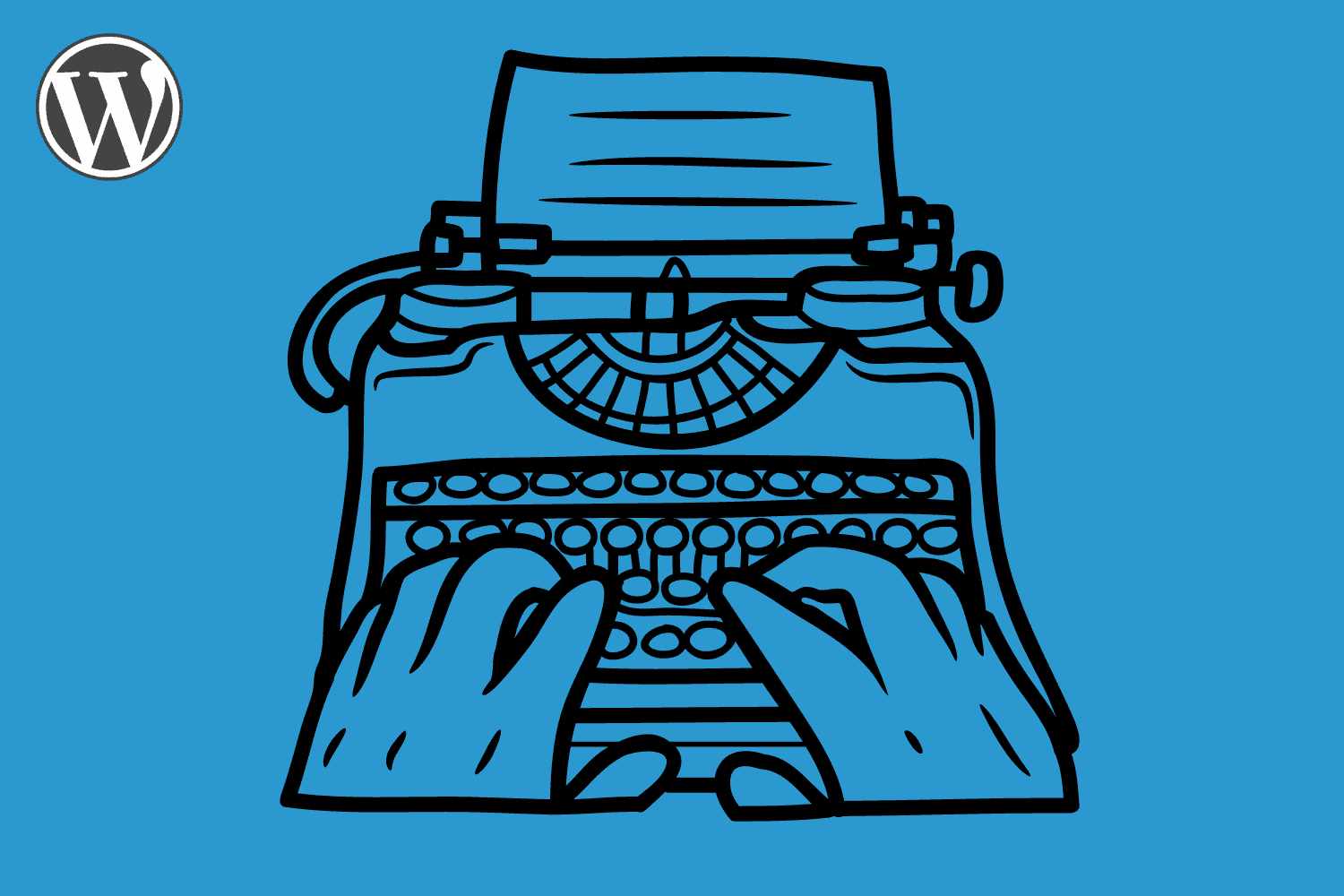The Gutenberg Bootleg is a fascinating phenomenon in the world of literature and digital archives. It represents a unique intersection of technology, copyright laws, and the democratization of knowledge. In an age where access to literature is more crucial than ever, the Gutenberg Bootleg stands as a testament to the lengths individuals will go to share literary treasures with the world. This phenomenon not only challenges traditional notions of copyright but also highlights the importance of preserving literary works for future generations.
As we explore the intricacies of the Gutenberg Bootleg, we delve into its origins, its implications for authors and readers alike, and how it fits into the broader landscape of digital literature. With the rise of e-books and online repositories, the question of ownership and access has never been more pressing. Understanding the implications of the Gutenberg Bootleg is essential for anyone interested in the future of literature and the preservation of cultural heritage.
In this article, we will unravel the mystery behind the Gutenberg Bootleg, examining its key components and the impact it has on the literary world. By addressing various questions surrounding this intriguing topic, we aim to provide a comprehensive overview that will enlighten readers and encourage further discussion about the importance of accessible literature in our society.
What is the Gutenberg Bootleg?
The Gutenberg Bootleg refers to unauthorized digital reproductions of literary works that are made available online, often without the consent of the original authors or publishers. These bootlegs are typically found in vast online repositories and can be accessed freely by anyone with an internet connection. The term 'Gutenberg' is derived from Johannes Gutenberg, the inventor of the printing press, symbolizing the democratization of knowledge and literature.
How Did the Gutenberg Bootleg Begin?
The origins of the Gutenberg Bootleg can be traced back to the advent of e-books and the internet. As digital technology advanced, so did the ease of copying and distributing literary works. This led to a surge in unauthorized reproductions, often created by passionate individuals who sought to share literature without regard for copyright laws. Many of these bootlegs stem from a desire to make literature accessible to a wider audience, particularly in regions with limited access to published works.
What Are the Implications of the Gutenberg Bootleg?
The implications of the Gutenberg Bootleg are far-reaching. On one hand, it facilitates access to literature for those who may not otherwise have the means to obtain it. On the other hand, it raises ethical questions regarding copyright infringement and the rights of authors. The balance between access to literature and protecting the rights of creators is a contentious issue that continues to evolve as technology advances.
Who Are the Key Players in the Gutenberg Bootleg Phenomenon?
Several parties play a crucial role in the Gutenberg Bootleg phenomenon. These include:
- Authors: They often find their works distributed without permission, raising concerns about compensation and recognition.
- Publishers: They grapple with the loss of revenue and the challenge of controlling their intellectual property.
- Readers: They benefit from increased access to literature, but may unknowingly contribute to the undermining of copyright laws.
- Activists: Some advocate for open access to literature, challenging traditional copyright norms and calling for reform.
What Role Does Technology Play in the Gutenberg Bootleg?
Technology is at the heart of the Gutenberg Bootleg phenomenon. The internet has made it easier than ever to share and distribute literary works, often bypassing traditional publishing channels. Digital formats, such as e-books and PDFs, can be easily copied and shared, leading to the proliferation of bootlegged content. Additionally, advancements in scanning technology have allowed for the rapid digitization of physical texts, further fueling the bootleg movement.
What Are the Legal Challenges Associated with the Gutenberg Bootleg?
The legal landscape surrounding the Gutenberg Bootleg is complex. Copyright laws vary from country to country, and the enforcement of these laws can be challenging in the digital realm. Authors and publishers often struggle to protect their works from unauthorized reproduction, while bootleggers may exploit loopholes in copyright legislation. This ongoing battle raises important questions about the future of copyright and the protection of intellectual property in an increasingly digital world.
How Can Readers Navigate the Gutenberg Bootleg Landscape?
For readers interested in exploring the Gutenberg Bootleg landscape, it is essential to approach this phenomenon with a critical eye. Here are some tips for navigating this complex world:
- Research the legality of the content you access and share.
- Support authors and publishers by purchasing legitimate copies of their works.
- Engage in discussions about intellectual property and the importance of access to literature.
- Consider the implications of sharing bootlegged content and its impact on the literary community.
What is the Future of the Gutenberg Bootleg?
The future of the Gutenberg Bootleg remains uncertain. As technology continues to evolve, so too will the methods of sharing and distributing literature. The ongoing debate surrounding copyright and access to literature will likely shape the trajectory of the Gutenberg Bootleg phenomenon. As society grapples with these complex issues, it is crucial to consider the importance of preserving literary works while ensuring that access to knowledge remains a fundamental right.
Conclusion: The Significance of the Gutenberg Bootleg
The Gutenberg Bootleg serves as a powerful reminder of the tension between access to literature and the rights of authors. As we move forward in an increasingly digital age, it is essential to strike a balance that honors both the creators and the readers. By engaging in thoughtful discussions about the implications of the Gutenberg Bootleg, we can work towards a future where literature is accessible to all while still respecting the rights of those who create it.




